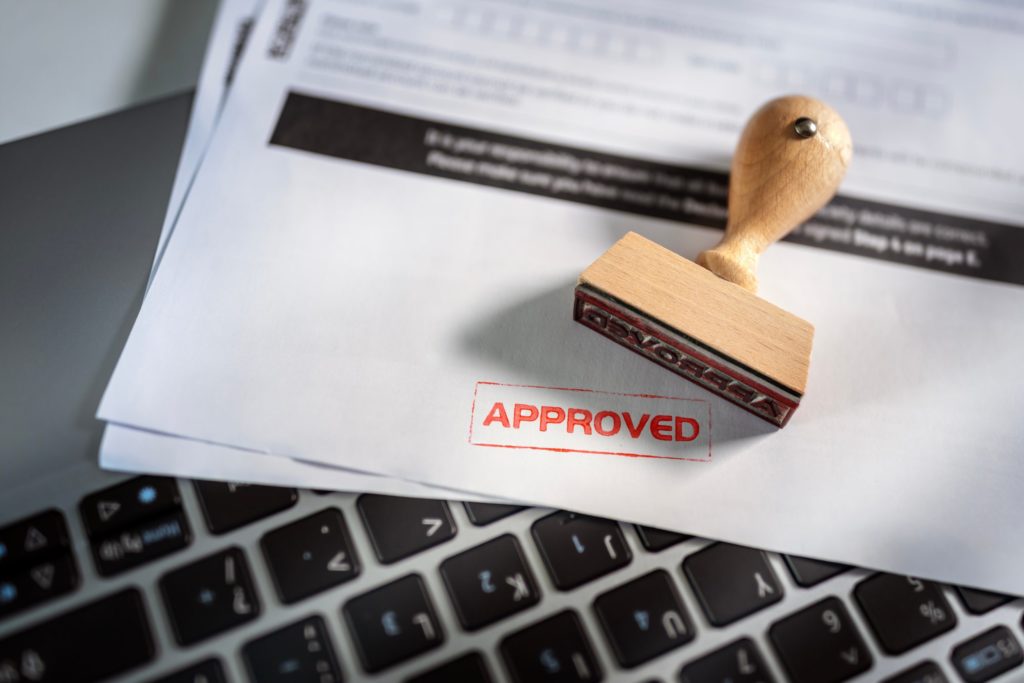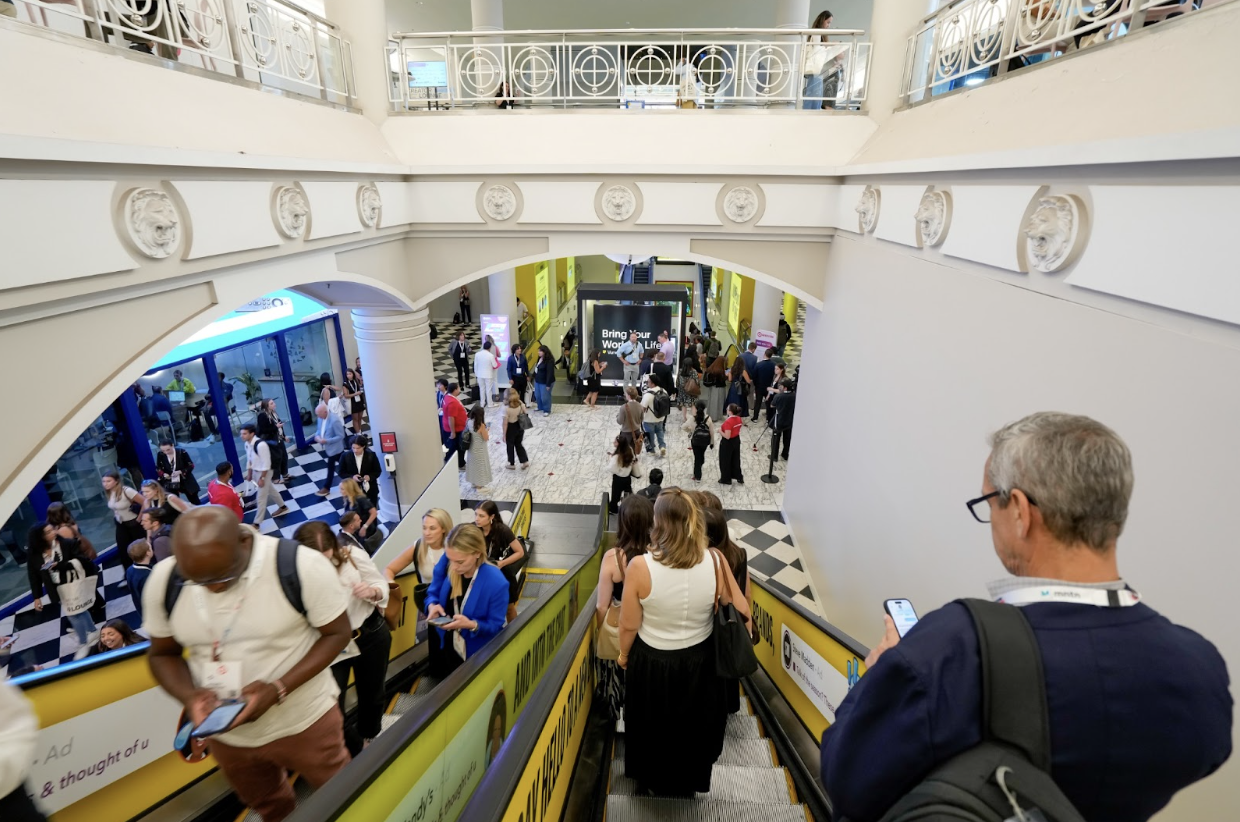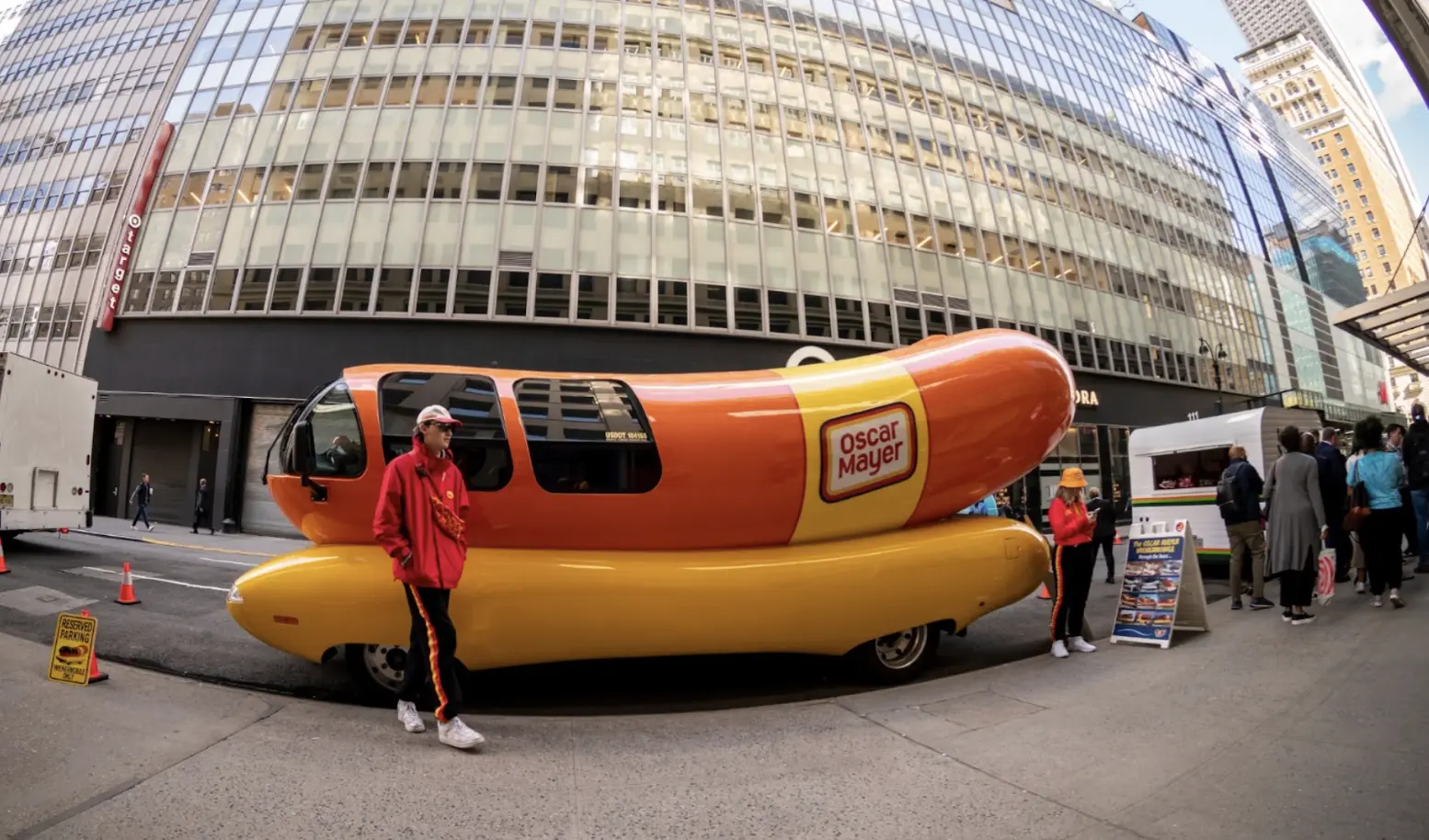There’s plenty of behind-the-scenes, not-so-glamorous elements of putting on a special event—and that includes permitting. It’s an intricate process that many don’t realize is quite extensive, according to Suzette Tillit, the director of special events at East of Collins Expediting, an firm based out of South Florida entirely dedicated to permit expediting, particularly for construction and special event services.

Through her experience working at East of Collins, which handles and secures permits for the likes of Ultra and Rolling Loud music festivals, Jazz in the Gardens, and the Polo World Cup, just to name a few, Tillit has learned the ins and outs of these official approvals, often granted by local governments to ensure public safety and order. But permits aren’t just mandated for music fests that draw thousands of attendees. In New York City, for example, even a birthday party with more than 20 people in Central Park requires a permit, while in Miami, attendance over 150 requires permissions from the Office of Special Events.
Though attendance rules vary by jurisdiction, event professionals certainly need to ask for permits when events are being held in a public space—sometimes even when at a private property (again, depending on the local rules)—also, when they involve temporary structures or alcohol sales, per Tillit.
Do: Begin the permitting process at least 90 days before the event.
Don’t: Wait until it’s too late. Though there’s some jurisdictions that will approve permits on a 30-day schedule, it’s always better to account for some breathing room, especially if there’s some elements of the event that are anticipated to change. In fact, when asked what the most common oversights event planners make when obtaining permits, Tillit said, “starting the permitting process too late.”
Here’s the top three steps to keep in mind when beginning the permitting process:
- Clearly understand the event details, including its location and elements.
- Identify the jurisdiction, as location dictates the necessary permits.
- Comprehend the event’s full scope to advise on specific requirements.
Once there’s a thorough understanding of the to-do’s size and scope, Tillit said to expect to fill out the following documents:
- A life safety plan outlining the event footprint.
- A certificate of insurance for the event holder or applicant.
“Typically, event producers must provide general liability insurance and worker’ compensation or exemption,” Tillit said, noting that “if alcohol is served or sold, liquor liability insurance is also required, usually obtained through the catering company or producer.”
- An indemnity agreement.
- Depending on the event, it may also be required to disclose contractors, engineers or special inspectors for temporary structures.
Do: Share approved plans with vendors once permits are approved. This is a “crucial” step “to ensure on-site compliance during the event setup,” Tillit said—because if there’s even one vendor that isn’t abiding by permit rules, “events can be shut down, fined or receive violations until compliance is met.”
Don’t: Undershare. In her role, Tillit said she’s regularly getting updates from her clients on their event plans to relay to the city. It “ensures smooth communication,” she said, which can be especially important when there’s changes. Often, however, event organizers aren’t oversharing with local officials when it comes to modifications, “which can lead to delays” or even denials, Tillit warned, as some changes may require an additional permit.
To sum it all up, “starting the permitting process early and maintaining clear communication with all stakeholders is essential to prevent delays or last-minute issues. This thorough preparation and attention to detail are what make public events run smoothly,” Tillit said. It will make an event “seem effortless to attendees,” she concluded.




